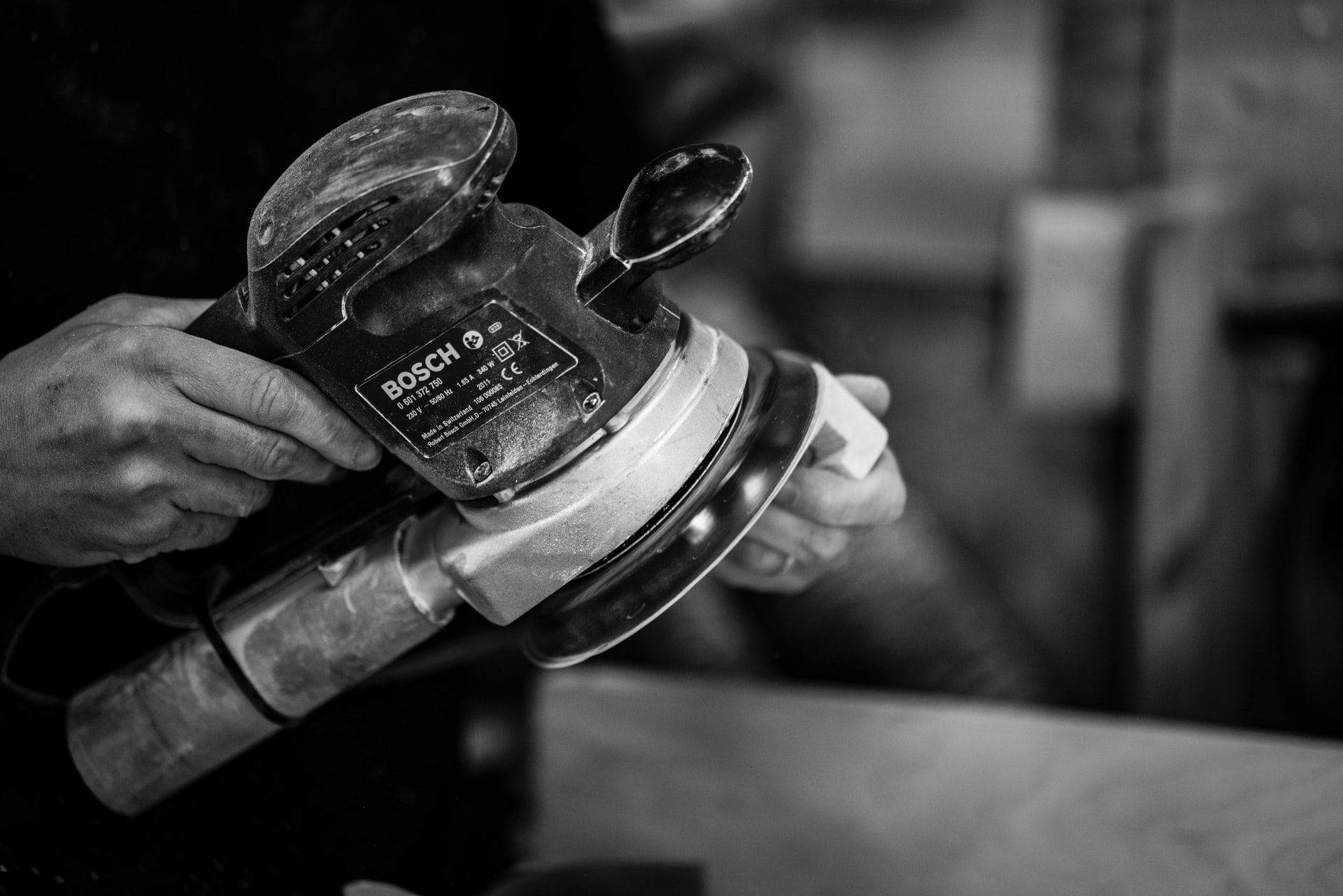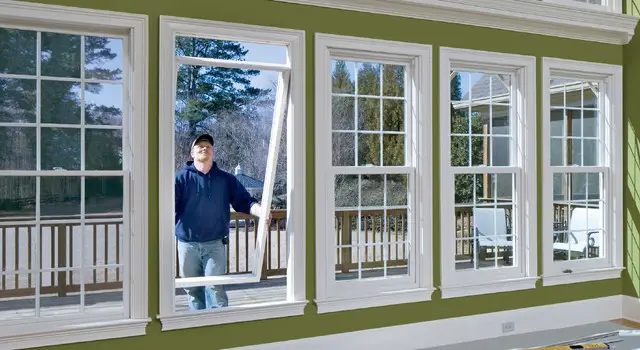There are lots of brands and tons and tons of marketing to go through to get to an alarm system that works for you. But that makes the ability of the alarm systems to work it all seem uncertain than it really is. That’s not what we intend to say. What we intend to say is that there are niches.
Some alarms are going to do some people more good than others. One person’s worthless, responsive alarm is another person’s saving grace. But one of the rough things about shopping for alarms is that they don’t tell you this. As they tell it, all alarms do everything you need.
That is why we are here. Let’s cut through some of the dishonest marketing campaigns and focus on figuring out what you need to look for in order to get an alarm system worth buying.
We will take a look at nine things you need to look for in an alarm system.
1. Loud Alarm vs. Silent Alarm
Many people have a mistaken viewpoint of how home alarm systems work. Not everyone thinks this way, but plenty of people think that alarms are meant to catch criminals. The idea is that a silent alarm triggers and calls the police, allowing them to catch the criminal in the act.
Generally speaking, you want a loud alarm rather than a silent alarm. Thieves get scared off more than they get caught, and you do not want a thief lingering in your home.
2. Self-Installation vs. Professional Installation
This is ultimately a matter of preference. If an alarm system is a smart alarm that is going to be hard wired into an internet data cable port, or connected to a security camera network, then it should definitely be installed by a professional.
The main reason for this is that a professional will be able to replaster walls to hide chords. Otherwise, just get a self-installation kit.
3. Motion Sensors vs. Pressure Sensors
Like many security features, you do not always need to choose between motion sensors and pressure sensors. But if you, like most homeowners, only intend to get one, then get motion sensors. These are far more reliable because they do not require an intruder to step on them.
The other use of pressure sensors is through windows, as they can detect when windows break. These also have other smart home features. So, if you have smart home technology in your house, that might be adequate reason to go for pressure sensors over motion sensors.
4. Cheap vs. Expensive
The average person is going to ask this question first: “Are home security systems expensive?”
Surprisingly, the answer is no. Budget is still a concern for most people, but the difference between a cheap security system and an average security system is only around $100.
And then the difference between average and pricey is also $100. Compare cars, where an expensive car is regularly 100 times more expensive than an average car.
In short, cheap products will serve you well, and anything else will not cost much more.
5. Simple vs. Advanced
Deciding whether or not to make a security system simple or advanced can be one of the most important decisions you make about them. To begin with, the more advanced a security system is, the more decisions it requires from you. Most people don’t want that kind of responsibility.
Just in case you do, the decisions you make will usually relate to what times the security system turns off and on, as well as what it does when it activates. Some security systems sound alarms, some call the police, some just turn on cameras and start recording.
Simple security systems will focus on the basics: One during the day and night, but off during the morning when you leave for work and evening when you come home.
6. Recording Cameras vs. Streaming Cameras
People are always surprised by how involved home security camera setup is. One of the biggest choices is deciding between cameras that are constantly recording, cameras that constantly stream, or both. There are a few compromises you can make to make this decision easier.
Generally, streaming cameras are better. Offloading and storing camera recordings are both monumental tasks that not even big businesses do. However, you can set your cameras up to record if someone comes nearby them. This will make them much easier to manage.
7. Wired vs. Wireless
Another classic dilemma. The core of what you are deciding is whether or not you think you can secure your wireless network. If you cannot, then it does not matter how much convenience the wireless network affords you. It will be easily compromised by anyone passing by.
While wired networks are great, they are also far more difficult to set up, usually requiring professional help.
8. Smart Home vs. Simple Home
When deciding between these two things, most people’s concern is budget. But this is a case where you have to keep in mind that you can develop your security system over time.
You can start with simple cameras and home appliances, and then upgrade them to their smarter counterparts as time, budget, and availability of technology goes on.
9. Automatic vs. Manual
It might sound like we are talking about cars here, but we are still on home security. This is a decision that you really only need to worry about if you have a large estate rather than a normal home. If you are working all the time, you are forced to take automatic security most times.
But if you have the money for it, you can hire security people to watch the cameras for you, making manual security a possibility.
Conclusion
There are, evidently, quite a few things that you have to decide on in order to get the security system that is right for you. But that is a good thing. Because it means that when you get that security system, it will be exactly right for you.






